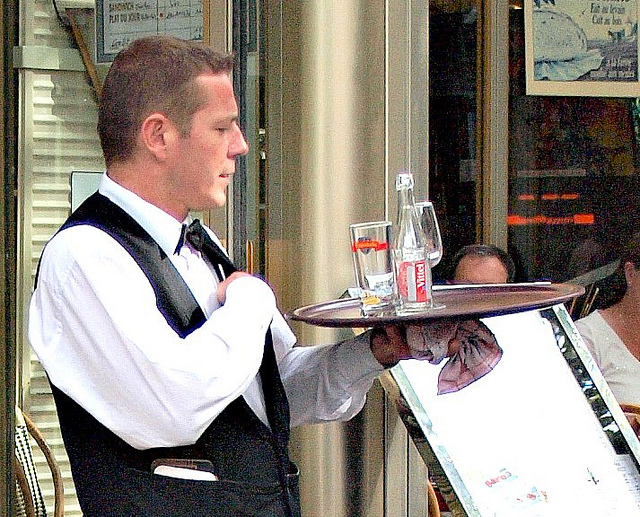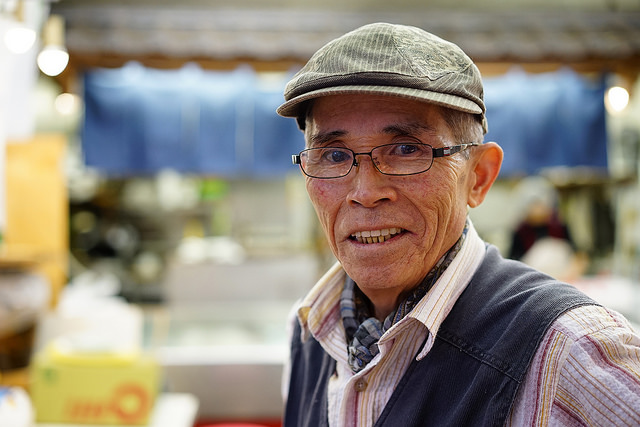“It’s not just about making tips,” Frank said. He’s always said it. “Don’t look at your job like that. Otherwise, you start thinking, ‘I’ll treat these people sitting over here better than those people over there because I think they’ll tip me better.’ You might know they won’t leave you a good tip. You might remember the last time they came in, how nice you were to them and how the man thanked you and shook your hand on the way out, but when you counted the cash on the table, you found they only tipped you 13%. Some people will think, ‘I’m not going to be nice to them now,’ but that’s no way to serve.”
Serving was how he passed the time in high school and college. He did well because his memory was sharp, he was quick with figures and quick with his hands. But his belief in delivering quality work with quality service kept him in this industry that turns naïve idealists into cold, calculating machines. Which was easy enough in good times, but during the bad times, you see how quickly those ideals get compromised.
“You don’t know how lucky you are. You can go out to dinner, spend $100 before tip, and it’s not a big deal. You can’t appreciate it.” There was truth to his words. Looking back, by the time the server cleared the dessert plate, the whole event was another memory. It was a miniscule detail the moment it was over, like brushing your teeth or putting on a clean t-shirt in the morning. “But for some people it’s a very big deal, and you have to treat it that way.”
“What if this is a family who can only afford to eat out once a month?” he asked. A family of six; the father works six days a week while the mother stays home to take care of the kids. After the parents look at their budget, after deducting the costs of rent, utilities, groceries, putting money into the college savings and the account that looks more like a bad joke than a retirement fund, they figure, okay, we can afford to take everyone out to dinner once a month.
Their meal won’t be special to you. The parents won’t order wine or cocktails. The whole table will order water with lemons because it’s free. They’ll ignore your carefully crafted specials pitch, and opt for four of the more inexpensive entrees, and they’ll ask for a few sharing plates. They skip the appetizer, and the dessert.
Their check won’t be special, and the accompanying tip even less-so. Other than the 35 seconds spent grumbling over their meager contribution to your bottom-line, you won’t remember these guests in any way.
“To them, though, that meal is special, so you have to treat their experience the way they might see it. That’s how you look at your job.”
“What if you ruined this meal for them?” Frank continued. “All month, they look forward to the one night they get to go out, and do something special for the family. And you ruin it with your attitude, because they tipped you 4% percent less than you think you deserved.”
This responsibility isn’t a burden many servers carry on their shoulders. More often than not, they care little about the quality of food and even less about the quality of service. Their primary concern, at the end of their shift, is escaping with more money in their pocket than they came in with.
“That’s why you have to be different,” he said. “You have to care more. You have to know serving is not about you.”
Photo Credit: zoetnet

